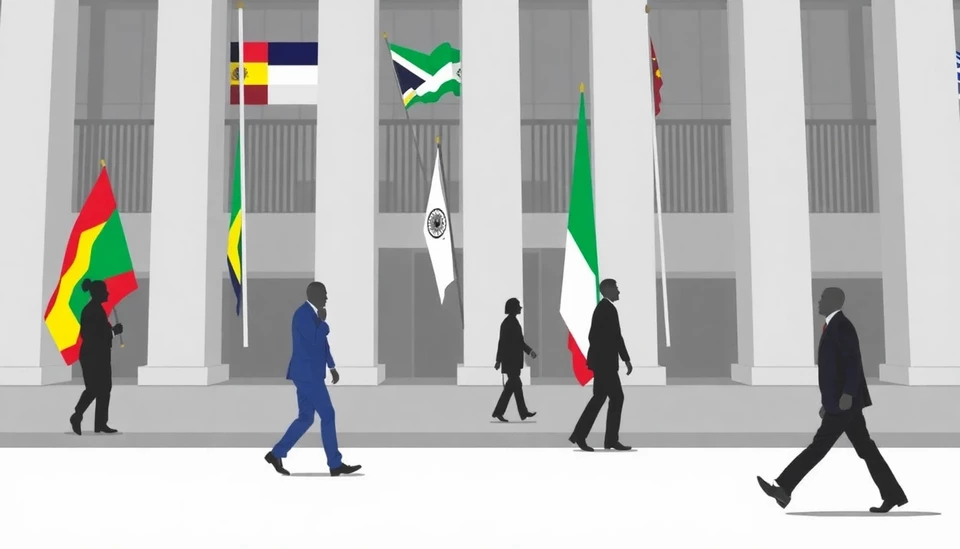
In the wake of Donald Trump's unexpected victory in the recent presidential election, central banks across African nations are contemplating interest rate cuts as a strategic response to potential economic shifts and market fluctuations. The results of the election have raised concerns about the pre-existing economic conditions in the region, prompting bank officials to evaluate their monetary policies critically.
The election of Trump, a figure known for his often unpredictable stance on trade policies and international relations, has stirred uncertainty not just in the United States but globally. For African economies, which often depend on foreign investment and commodity exports, such uncertainty could lead to a reevaluation of growth forecasts and financial strategies.
Following the election, there has been an observable uptick in bond yields and a depreciation of some African currencies, fueling further concerns among bankers and economists. As investment strategies are reassessed, many central banks see an opportunity to cut rates while global monetary conditions remain relatively accommodative. This could be a critical moment for economic stimulus as these nations aim to spur growth and stabilize their currencies.
A key aspect of the potential rate cuts is the differing economic climates across various countries. While some nations may rush to lower rates to stimulate growth, others might adopt a more cautious approach depending on their specific economic vulnerabilities and reactions to global markets. For countries deeply integrated into agrarian exports or reliant on energy prices, the implications of Trump's policies might be more pronounced, necessitating a tailored response.
Moreover, inflation rates are being closely monitored as central banks weigh their decisions. Many of the continent's economies have recently faced high inflation, and while rate cuts could offer immediate relief, they also risk further inflating prices if not managed carefully. This balancing act is a source of ongoing debate among policymakers as they navigate the post-election economic landscape.
In addition, the anticipated changes in U.S. economic policies by a Trump administration raise questions about trade relations, which could have far-reaching impacts on African economies. Leaders in finance and policy are expressing concern that any moves by the new administration to focus inward could limit resources that previously flowed from trade agreements and partnerships, thus complicating the economic restructuring efforts already underway in numerous African nations.
In conclusion, as African central banks prepare to make challenging decisions regarding their monetary policies in light of uncertain international conditions, the prevailing sentiment is one of caution mixed with a desire to capitalize on any possible opportunities presented by global liquidity trends. The potential for interest rate cuts signifies a proactive approach that aims to safeguard economic stability in a time of great unpredictability.
As analysts and financial experts continue to closely monitor the situation, it is evident that the repercussions of Trump's presidency will be felt well beyond American borders, affecting global economic dynamics and shaping policies in Africa for the foreseeable future.
#Africa #CentralBanks #InterestRateCuts #TrumpVictory #GlobalEconomy #MonetaryPolicy #EconomicStability
Author: Rachel Greene




